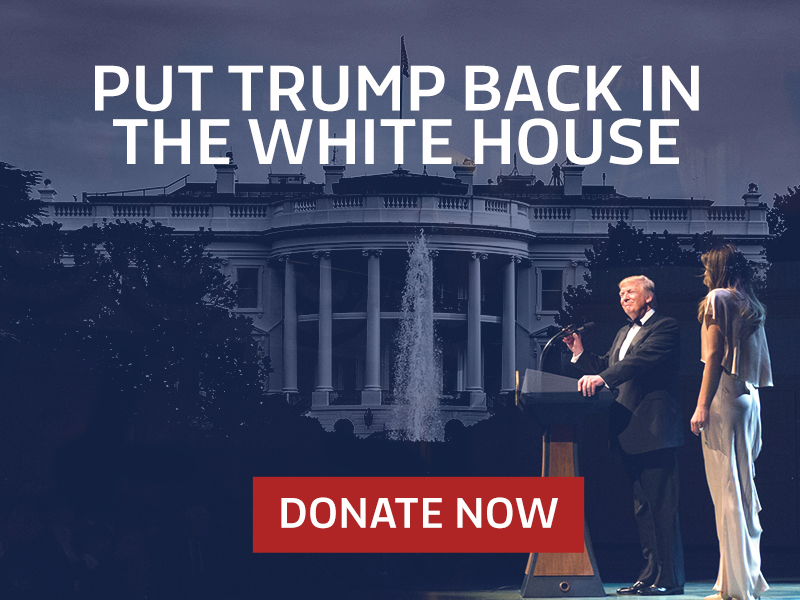For the millennial generation and those on campus, your campus professors have taught you that injustice is endemic in America and that you do not deserve the benefits of the college education that the homeless do not enjoy. You feel bad and guilty that you got to attend college, that your parents and you have lived more comfortably than have your liberal Democrat parents’ servants and housekeepers, gardeners and pool cleaners, and the custodians who clean your dormitories. You feel guilty that ‘The Rich” have billions of dollars while others reside on the streets, in the subways, or at freeway exits. You feel guilty that you enjoy American citizenship while others born outside are denied. That you have access to campus healthcare while others do not. That Betsy Ross sewed a flag for you when you can’t even sew a button.
Despite what you have been taught, conservatives also care deeply about the poor, the orphaned, the widowed, the oppressed. For us, rather than virtue-signaling our concern or taking money from others to fabricate half-baked responses, we recognize that there is but one certain road out of poverty for able-bodied people: the road of accepting personal responsibility for one’s situation and engaging in self-help. When you give someone a welfare handout and food stamps, you help them until the cash soon runs out. But when you create conditions that enable such people to obtain employment and to work gainfully, you help them and their future generations for life, even as you imbue them with dignity.
On its face, socialism sounds so fair, especially in its latest iteration, the “Green New Deal”: To each according to his or her need — and why not? Equality of results. Equality of incomes. As a bonus, an end to climate change and cows farting. Let us briefly look more closely.
Energy, Fossil Fuels, and Cow Farts
United States corporations, driven by profit-greed and by knowing that their profits will increase by giving consumers exactly what people actually want, have undertaken greatly to reduce fossil-fuel emissions and reliance on dirty energy. By contrast, no amount of rules imposed on American energy production can or will impact energy production outside this country, such as in high-polluting China and India. India is home to thirteen of the world’s twenty most-polluted cities, and it pollutes even more than China does. More than one million people die prematurely every year because of India’s increasingly dirty air quality. Thus, in 2017 the United States reduced its carbon emissions by 0.5 percent in a year that our economy grew by 3 percent, as shale oil and gas transitioned us away from coal to cleaner energy. (Imagine how much more we could reduce if people would only stop exhaling carbon dioxide!) Meanwhile, China produces 28 percent of the world’s carbon emissions. And India is the world’s third largest carbon emitter, having increased its emissions by 93 million metric tons in 2017 — an increase more than twice the amount of emissions that the United States reduced. In other words, no regulating of American energy production will impact the greater worldwide impact of carbon emissions, but if we stifle our cleaner energy production here by enacting restrictive laws, we simply force people to purchase more energy from overseas sources who produce theirs in filth.




